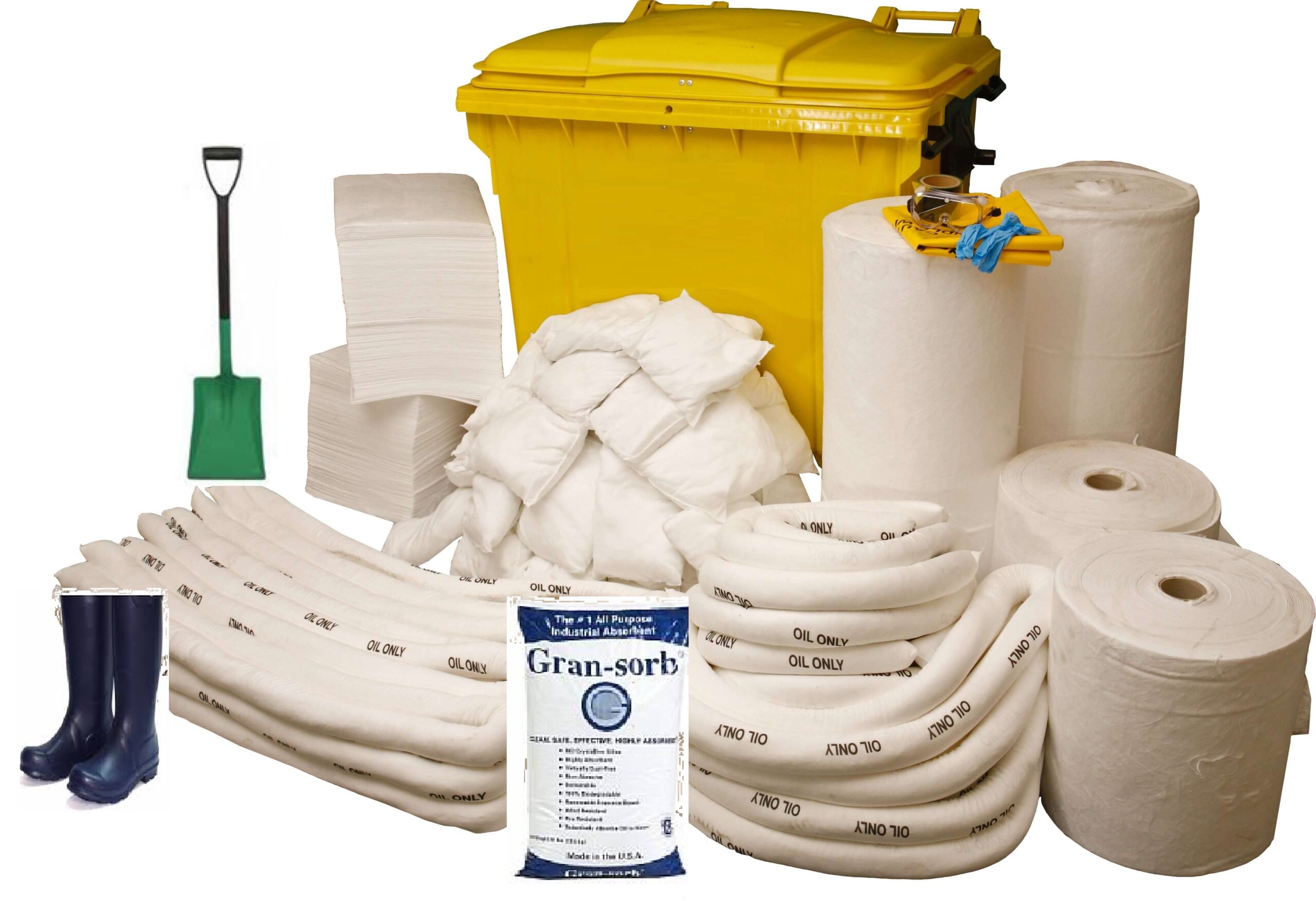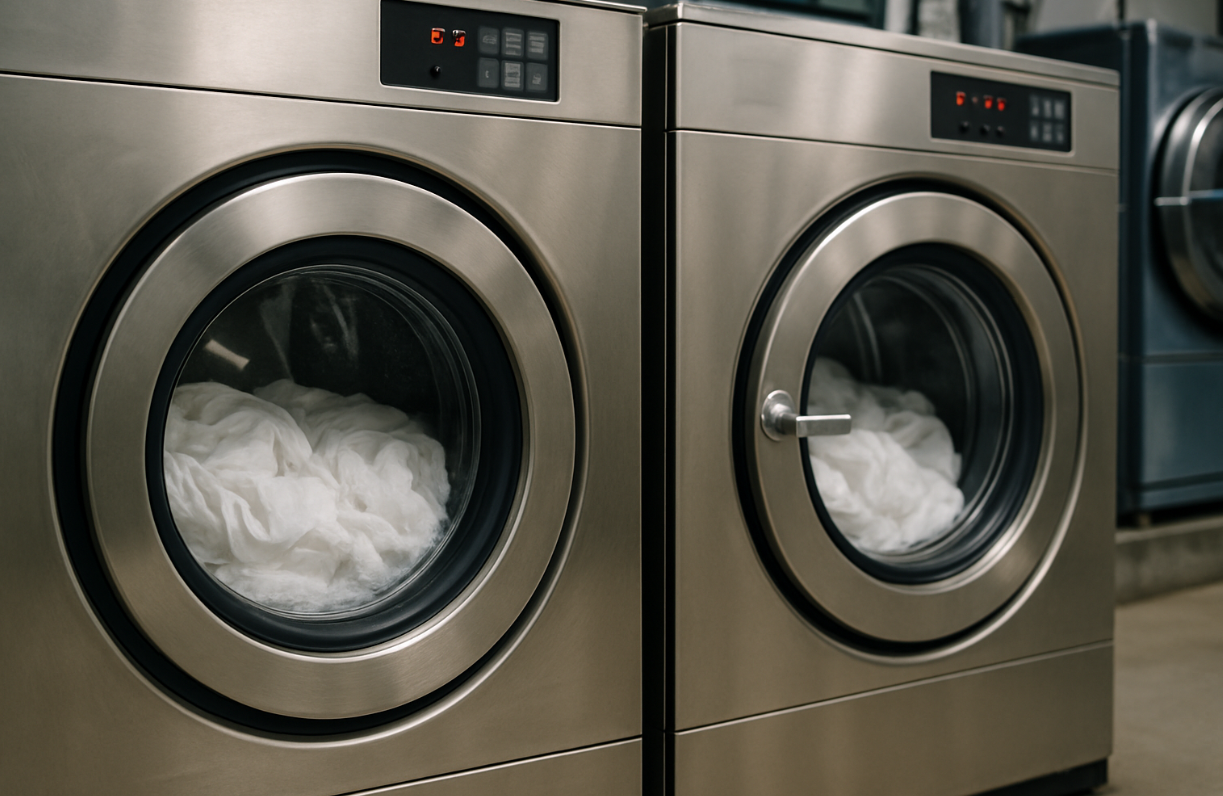In shared living spaces, whether it’s co-living apartments, dormitories, or even shared offices, managing waste effectively is crucial for maintaining a clean, healthy, and harmonious environment. With multiple people using the same space, waste can quickly accumulate, leading to clutter, unpleasant odors, and even potential health hazards. To avoid these issues, it’s important to establish a waste management system that’s simple, efficient, and easy to follow for everyone involved.
In this guide, we’ll explore practical tips and strategies for effective waste management in shared spaces. Whether you’re managing waste in a shared kitchen, living area, or office, these tips will help reduce clutter, maintain cleanliness, and promote sustainability.
The Importance of Waste Management in Shared Spaces
Effective waste management in shared spaces offers numerous benefits for both individuals and the collective community. Here are a few key reasons why it’s essential:
- Health and Hygiene: Improper waste disposal can lead to the buildup of bacteria, mold, and pests, which can negatively impact your health. A well-maintained waste management system helps to reduce these risks.
- Environmental Impact: By following sustainable waste management practices, you contribute to reducing landfill waste, lowering carbon emissions, and promoting a greener environment.
- Aesthetics and Comfort: A clean and organized space is more visually appealing and comfortable. Effective waste management ensures that your shared spaces remain pleasant for everyone.
- Respect for Others: In a shared environment, being considerate about waste disposal shows respect for your housemates, neighbors, or coworkers. A well-organized system ensures everyone is doing their part.
Now that we’ve highlighted the importance of effective waste management, let’s look at how to establish a simple yet efficient system in shared spaces.
Separate Waste into Categories
The first step in effective waste management is creating clear categories for waste disposal. Sorting waste helps ensure that materials are disposed of or recycled properly and reduces the amount of waste sent to landfills.
- Recyclable Waste: This includes paper, cardboard, plastics (check for recycling symbols), and glass containers. Clearly label recycling bins to avoid confusion.
- Organic Waste: In shared spaces with a kitchen or food prep areas, separate organic waste like food scraps, coffee grounds, and fruit peels. If possible, set up a compost bin for organic waste. This not only reduces landfill waste but also creates nutrient-rich compost for gardening.
- General Waste: This includes non-recyclable items such as used tissues, plastic wrappers, broken items, and certain types of packaging. Make sure there’s a dedicated trash bin for these items.
- Hazardous Waste: Items like batteries, cleaning products, and expired medications should be disposed of properly and separately. Make sure everyone is aware of hazardous waste guidelines and have a designated disposal method for these items.
Ensure that each category of waste has a clearly labeled bin so everyone knows where to dispose of items. Consider color-coded bins for added clarity—green for recyclables, brown for organic waste, and black for general trash.
Set Up Convenient Waste Stations
To encourage everyone to follow the waste management system, make sure waste disposal stations are easily accessible in key areas of the shared space. These stations should be well-organized and placed in high-traffic locations to ensure they are convenient to use.
- Kitchen Area: In shared kitchens, set up waste stations near the cooking area or food prep zones, where waste is most likely to accumulate. Include separate bins for recyclables, food waste, and general trash. Be sure the bins are clearly marked to avoid contamination.
- Common Areas: In living or common areas, provide small bins or waste bags to encourage tidiness. Empty these bins regularly to prevent overflow. If possible, place recycling options next to trash bins to encourage proper waste disposal.
- Bathroom and Bedrooms: For bathrooms and bedrooms, provide small waste bins that are easy to access but also discreet enough to blend in with the space. Label them clearly, and ensure that everyone knows where to dispose of tissues, packaging, and other waste.
- Outdoor Spaces: If your shared living space includes a yard, balcony, or communal outdoor area, make sure there are waste stations for disposing of cigarette butts, packaging, and other outdoor waste.
Ensure that the bins are sturdy, clean, and have a lid to prevent odors and keep waste contained.
Establish Clear Guidelines for Waste Disposal
One of the most important aspects of effective waste management in shared spaces is clear communication. All residents or coworkers should be aware of how the system works and what the expectations are for waste disposal.
- Provide Waste Management Instructions: Clearly post instructions about waste sorting and disposal in common areas, particularly near the waste stations. This helps to ensure everyone knows where and how to dispose of different types of waste.
- Set a Schedule for Waste Collection: Designate specific days for trash collection and recycling pickups. You can assign a rotating task to individuals or create a shared cleaning schedule for taking out the trash or recycling. It’s important to stay on top of waste disposal to prevent bins from overflowing.
- Encourage Mindful Consumption: Encourage everyone in the shared space to be mindful of their waste production. For example, opt for reusable containers instead of single-use plastics, avoid excess packaging, and make conscious choices when it comes to food waste.
- Keep Waste Management Rules Simple: To avoid confusion, simplify waste management rules as much as possible. For example, “Food waste in the green bin, paper and plastic in the blue bin” should be clear and straightforward. Complex rules can lead to waste contamination.
Reduce Waste Through Recycling and Upcycling
In a shared space, it’s especially important to reduce waste by recycling and upcycling wherever possible. Here’s how you can make a positive impact:
- Encourage Recycling: Make sure recycling bins are accessible and labeled to ensure that recyclable materials are not thrown in the trash. If your shared space doesn’t have curbside recycling pickup, consider taking recyclable items to a nearby recycling center.
- Upcycle and Repurpose: Instead of throwing away items, consider upcycling or repurposing them. For example, glass jars can be used for storage, old clothes can be donated or turned into cleaning rags, and cardboard can be used for craft projects.
- Educate Everyone: Provide basic education about recycling and upcycling. It’s not always clear which items can be recycled or repurposed, so creating awareness is key to reducing waste in shared spaces.
Encourage Sustainable Practices and Reduce Single-Use Items
Shared spaces can be an excellent opportunity to encourage sustainable practices that help reduce waste. Some additional strategies include:
- Use Reusable Containers: Encourage the use of reusable containers, water bottles, and utensils in the shared space to reduce single-use plastics. This can be especially effective in shared kitchens where disposable cups, plates, and cutlery often pile up.
- Eco-Friendly Cleaning Products: Opt for natural, eco-friendly cleaning products that have less environmental impact. Additionally, reusable cloths or microfiber towels are a great substitute for paper towels.
- Avoid Excess Packaging: Encourage housemates to buy items in bulk or purchase products with minimal packaging. This reduces waste and promotes sustainability.
Regularly Clean Waste Bins and Stations
To maintain hygiene and prevent unpleasant odors, it’s essential to regularly clean the waste bins and waste stations. Make it part of the cleaning routine to sanitize bins and wipe down the surrounding areas. You can use a natural disinfectant like vinegar or a biodegradable cleaner to ensure the stations remain odor-free and sanitary.
Effective waste management in shared spaces requires clear organization, communication, and cooperation. Tidy Man emphasizes that by following these steps, you can help create an organized, efficient, and sustainable waste disposal system that benefits everyone in the shared space. When housemates or coworkers work together to keep the space clean and organized, it fosters a sense of community and respect while also contributing to a cleaner, healthier environment. Start implementing these waste management strategies today and help reduce your environmental impact while keeping shared spaces neat and tidy.











